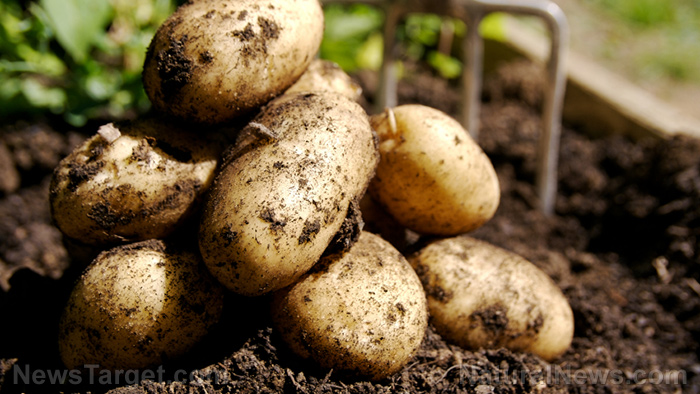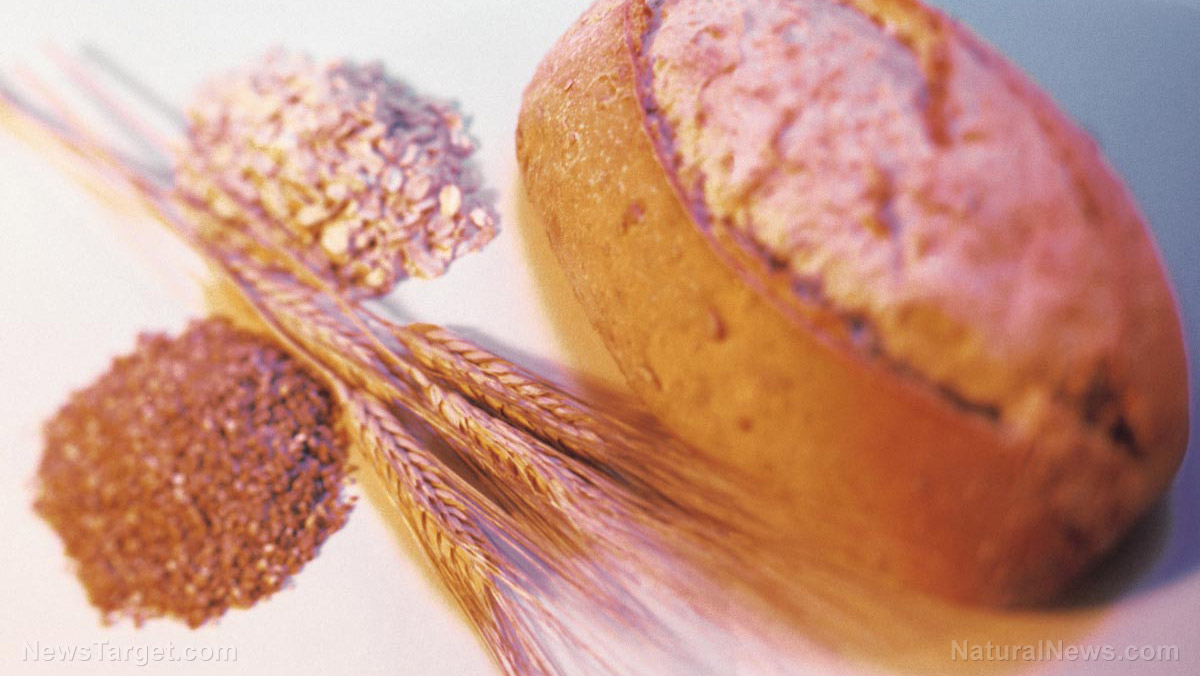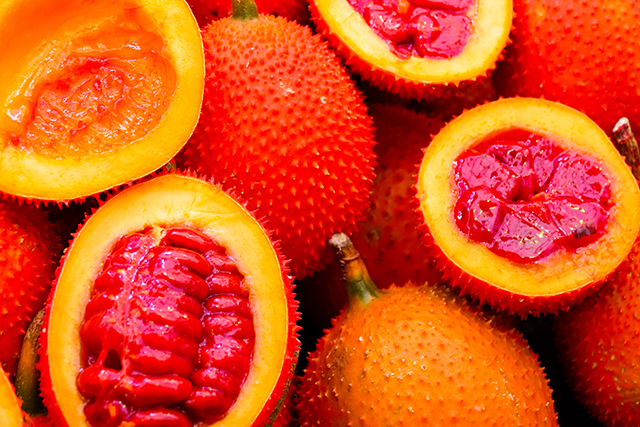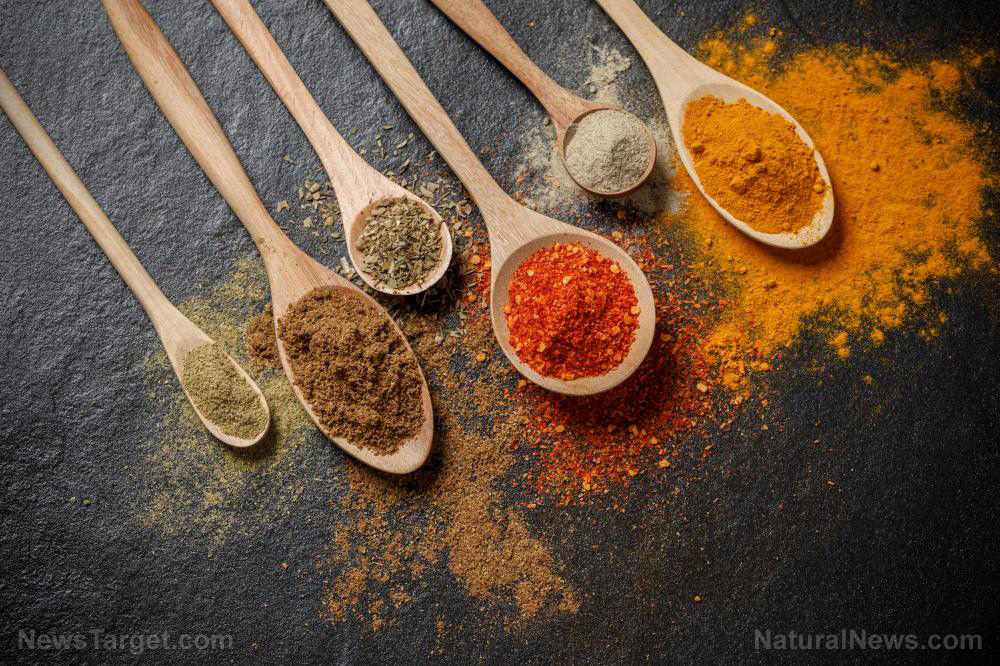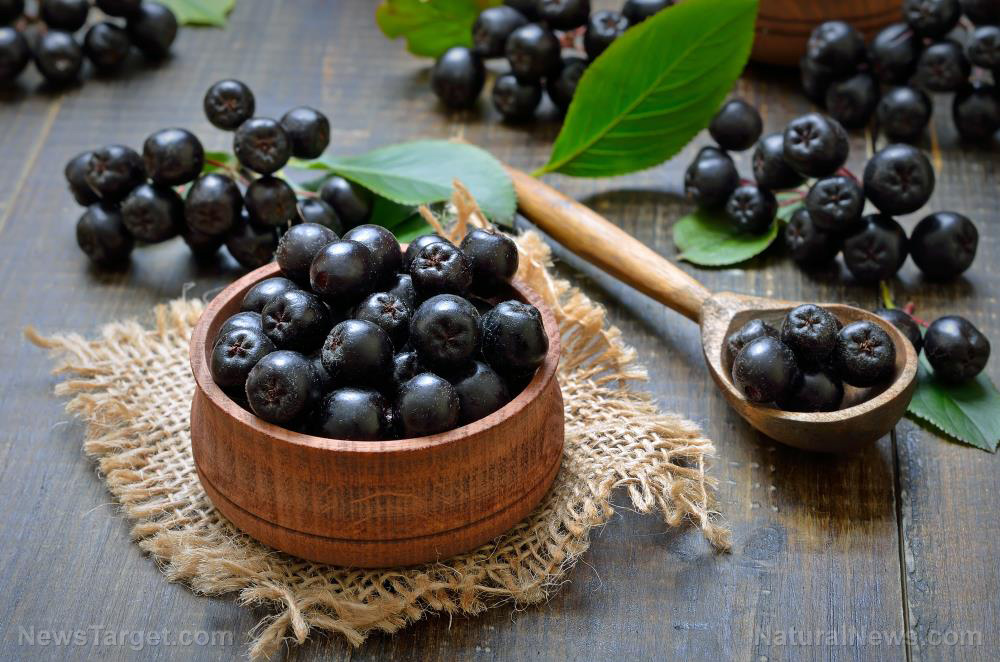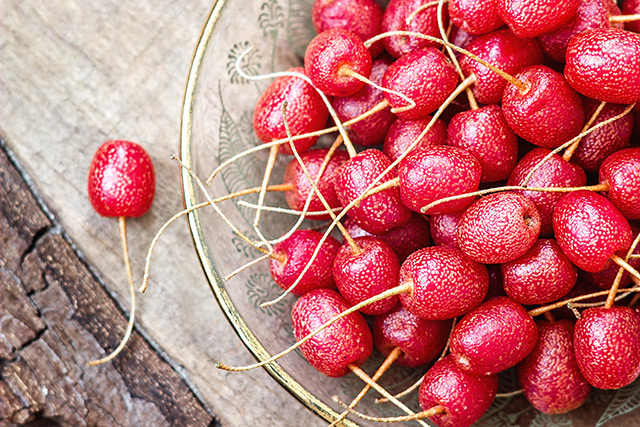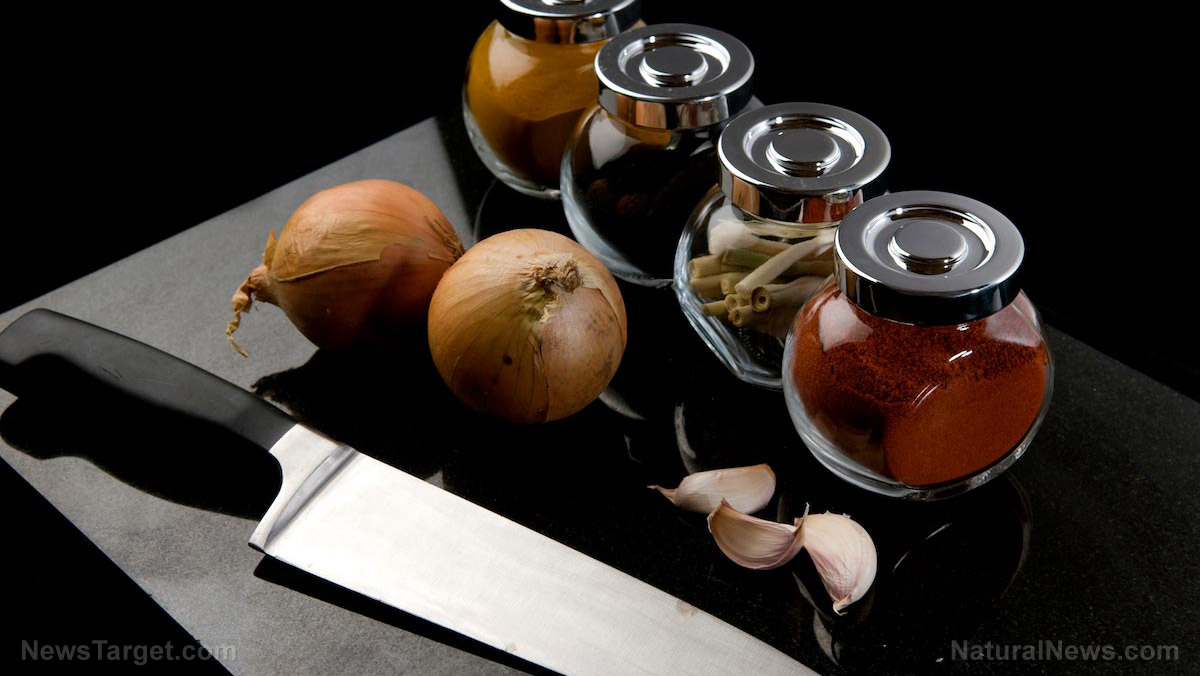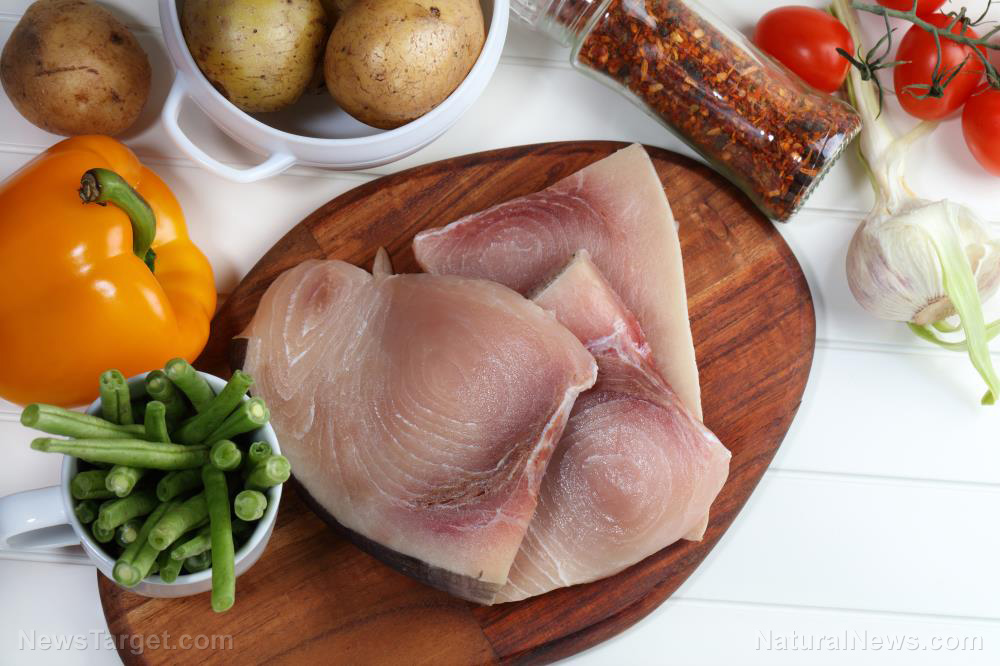Looking for plant-based protein? Here are 14 foods that are packed with it
05/06/2019 / By Mary Miller
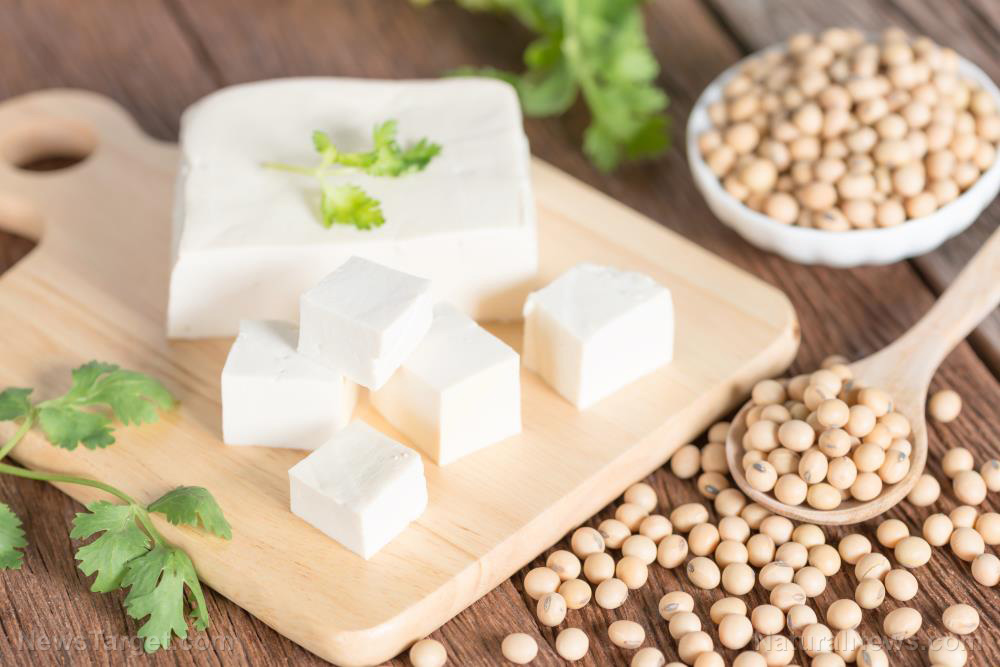
Protein is an essential part of your diet; it plays an important role in building, maintaining, and repairing nearly all the tissues in your body. You can normally get protein by consuming the meat of animals, but if you follow a vegan or vegetarian diet, you will have to find other sources to get your protein fix. For many, plant-based protein happens to be a healthier option than its animal-based counterpart. Incorporate this important nutrient into your diet by trying these plant-based sources of protein.
Tofu
If you don’t have a taste for tofu, you should know that tofu takes on the flavor of whatever dish it is prepared in. With the right ingredients and cooking method, tofu can easily serve as an excellent meat substitute. A three-ounce serving of organic extra-firm tofu provides around 9 g of protein.
Tempeh
As a soy product, tempeh is one of the richest sources of plant-based protein. You can get about 15 g of protein from half a cup of tempeh. Chopped up tempeh can make a tasty addition to your favorite salads.
Edamame
Organic edamame is soy in its most natural state. Half a cup of edamame beans provides roughly 8.5 g of protein. You can include this Asian staple in your salads or summer rolls. (Related: 6 Tasty and simple ways to add more plant-based protein to your diet.)
Lentils
Lentils come in a variety of colors, such as black, red, green, brown, and yellow. Whatever type of lentil you choose, it’s bound to be loaded with protein, fiber, iron, potassium, and other key nutrients. Add lentils to your stews, curries, salads, and rice meals to give them a protein upgrade.
Chickpeas
Chickpeas are also known as garbanzo beans. These highly versatile beans can be used in a variety of recipes. One cup of cooked chickpeas offers around 16 g of protein.
Almonds
Almonds are an energy-dense superfood packed with protein, healthy fats, fiber, magnesium, and vitamins B2 and E. They make delicious snacks on their own, but they can also be added to your favorite recipes for a nutrient boost and extra flavor.
Quinoa
Quinoa might look, cook, and taste like a grain, but don’t be fooled. This popular superfood is actually a seed. Aside from being rich in protein, quinoa is also packed with other nutrients, such as magnesium, iron, fiber, and manganese.
Chia seeds
No wonder the ancient Mayan and Aztec civilizations revered the humble chia seed. These low-calorie foods are a complete source of protein. In fact, even a single tablespoon of chia seeds provides 2 g of protein.
Hemp seeds
If you thought chia seeds had an impressive protein content, you’ll be even more surprised by the amount of protein you can find in hemp seeds. A single tablespoon of hemp seeds offers 5 g of protein.
Pumpkin seeds
Pumpkin seeds are one of the best natural sources of plant-based protein. An ounce of cooked pumpkin seeds provides 4 g of protein.
Black beans
If you chow down on a cup of cooked black beans, you can get 12 g of protein. Use them to create nourishing soups and spreads.
Broccoli
This healthy cruciferous vegetable can boost your protein intake any day. You can get around 4 g of protein from a single, medium stalk of broccoli.
Sunflower seeds
Half a cup of raw sunflower seeds provides roughly 14 g of protein. You can either eat them as a tasty snack or turn them into a delicious butter.
Oatmeal
You can enjoy around 6 g of plant-based protein in a single cup of cooked oatmeal. Rather than limiting oatmeal to a breakfast food, you should start adding it to all sorts of recipes.
You can find out more about plant-based alternatives to meat by visiting Veggie.news.
Sources include:
Tagged Under:

